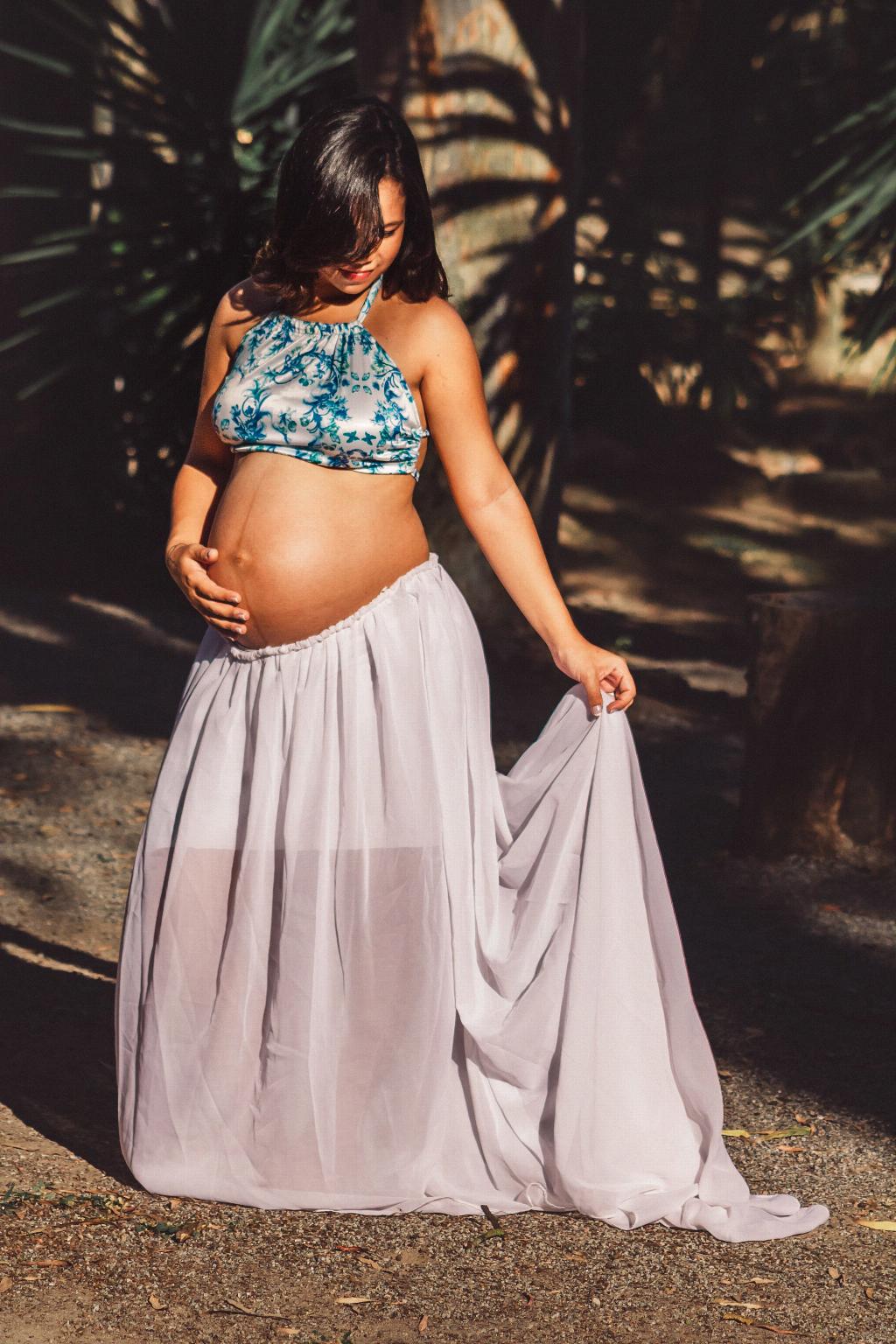Experiencing hair loss during early pregnancy can be a concerning issue for many women. It is essential to understand that hormonal changes play a significant role in this process. The increase in estrogen levels during pregnancy can cause the hair to remain in the growth phase for an extended period, resulting in thicker and fuller-looking hair.
Normalizing Postpartum Hair Growth
It is important to note that postpartum, the hormonal balance shifts again, causing the hair to shed as it transitions back to its normal cycle. This shedding phase typically occurs around three to six months after giving birth, and it is a natural process that many women experience.
Maintaining a Healthy Diet
One way to potentially minimize hair loss during early pregnancy is by ensuring that you maintain a healthy and balanced diet rich in essential nutrients. Incorporating foods high in vitamins A, C, D, and E, as well as minerals like zinc and iron, can support hair health and growth.
Hydrating and Conditioning Your Hair
Keeping your hair hydrated and well-conditioned can also help reduce the likelihood of excessive shedding. Using a moisturizing shampoo and conditioner tailored to your hair type can nourish the hair follicles and promote overall hair health.
Avoiding Excessive Heat and Chemicals
Excessive heat styling and chemical treatments can weaken the hair shaft and contribute to increased hair loss. Whenever possible, try to limit the use of hot tools such as curling irons and straighteners, and opt for natural hairstyles that don’t require harsh chemicals.
Managing Stress Levels
High levels of stress can also impact hair health and contribute to increased shedding. Finding ways to manage stress, such as practicing relaxation techniques like meditation or yoga, can help support overall well-being and potentially reduce hair loss.
Consulting with a Healthcare Provider
If you are experiencing significant hair loss during early pregnancy and are concerned about it, it is advisable to consult with your healthcare provider. They can assess your individual situation and provide guidance on potential remedies or treatments.
Exploring Natural Remedies
Some women find that incorporating natural remedies like scalp massages with essential oils or taking supplements like biotin can help improve hair health and reduce shedding. However, it is essential to consult with a healthcare provider before trying any new remedies.
Staying Patient and Positive
Dealing with hair loss during pregnancy can be challenging, but it’s important to remain patient and positive throughout the process. Remember that this is a temporary phase, and with time and proper care, your hair should return to its normal state.
Seeking Support from Other Moms
Connecting with other moms who have experienced hair loss during pregnancy can provide valuable support and insights. Joining online forums or local support groups can offer a sense of community and understanding during this journey.
Embracing Your Natural Beauty
Regardless of temporary hair loss, it is crucial to embrace your natural beauty and feel confident in your skin. Remember that hair loss is a common occurrence during pregnancy, and it does not define your worth or beauty as a woman.
Conclusion
In conclusion, experiencing hair loss during early pregnancy is a common phenomenon that many women face. By understanding the underlying causes, maintaining a healthy lifestyle, seeking professional guidance when needed, and staying positive throughout the process, you can minimize the impact of hair loss and embrace your natural beauty during this transformative time.

